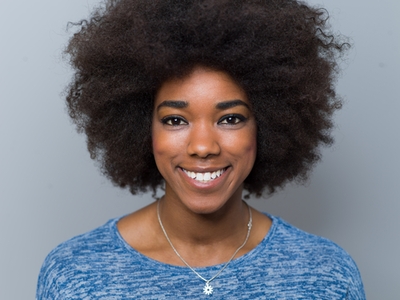
On February 18, 2019, the New York City Commission on Human Rights (NYCCHR) announced new enforcement guidance deeming certain actions taken based on an individual’s hair or hairstyle – whether at work, at school, or in public spaces – a form of racial discrimination.
The guidance, which is believed to be the first of its kind in the U.S., specifically mentions the right of individuals in New York City to maintain “natural hair, treated or untreated hairstyles such as locs, cornrows, twists, braids, Bantu knots, fades, Afros, and/or the right to keep hair in an uncut or untrimmed state.” According to a statement by New York City’s First Lady Chirlane McCray included in the announcement, “Bias against the curly textured hair of people of African descent is as old as this country and a form of race-based discrimination. […] This new policy moves us closer to ensuring every New Yorker can live free of stigma in our city.”
Under existing law, the NYCCHR can levy penalties up to $250,000 for violation of the guidelines, and there is no cap on individual damages. Notably, the guidance does not prevent employers from maintaining certain hairstyle rules for health and safety reasons (e.g., wearing hair up or in a net) so long as the rules apply equally to everyone.
In addition to the new guidance, the NYCCHR also announced that it is currently investigating seven discrimination cases on the basis of natural hairstyles. The Commission described the following incidents types of incidents that it is investigating:
- Forcing employees to wear their braided hair up when employees of other ethnicities can wear their long styles down;
- Terminating employees for wearing natural hair down; and·
- Telling employees that locs are unacceptable and unclean, and requiring employees to change their hair as a condition of continued employment.
The guidance also cautions that “facially neutral grooming policies” may violate the law when they are applied in a discriminatory manner (e.g., “a grooming policy banning the use of color/dye, extensions, and/or patterned or shaved hairstyles” that is enforced only against black employees).
Employers in New York City should reach out to counsel for help navigating this and other recent developments in state and local discrimination laws (e.g., the slew of new gender-based discrimination laws in New York State and City, which we analyzed here).

